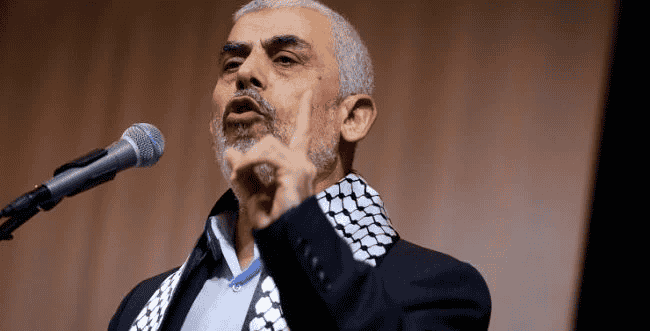Yahya Sinwar, Iran
Sinwar operates from hiding while navigating a complex situation
As he anticipates increasing tensions between Israel and Iran, assessments indicate that his calculated moves might put him at risk.


Hamas leader Yahya Sinwar has remained largely out of the public eye, opting to stay in hiding while communicating with his commanders. Rather than directly overseeing military operations, he has been providing general policy guidance.
Recent assessments indicate that Sinwar is counting on a direct confrontation between Israel and Iran, believing that such a conflict could alleviate military pressure on Gaza and grant him additional time to regroup.
Security officials suggest that Sinwar employs a strategy of lengthy absences, hiding for about a month before briefly emerging to relay instructions to his commanders, only to retreat again. This tactic complicates efforts by Israel and international mediators to facilitate negotiations for the release of hostages.
Officials believe that Sinwar is relying on a potential clash involving Israel, Iran, and Hezbollah to hinder the Israeli military from deploying significant forces in Gaza, thus buying him time and a chance for survival.
In contrast to Hezbollah leader Hassan Nasrallah, who has led military campaigns with a centralized command structure, Sinwar’s leadership style is markedly different. Security sources note that Sinwar generally outlines broad policies and red lines rather than issuing direct commands.
The operational void left by the assassination of senior Hamas figures has been filled by others, including his brother, Muhammad Sinwar, who is regarded as more experienced and ruthless.
Stay Connected With Us
Follow our social channels for breaking news, exclusive content, and real-time updates.
WhatsApp Updates
Join our news group for instant updates
Follow on X (Twitter)
@jfeedenglish
Never miss a story - follow us on your preferred platform!